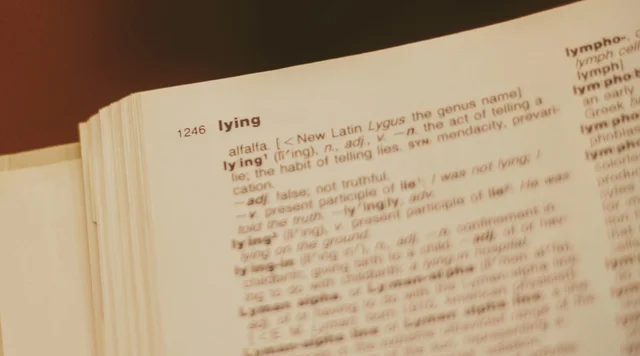
In a design patent dispute between Shure and ClearOne over microphone arrays, Magistrate Judge Burke recently issued an R&R recommending denial of a preliminary injunction.
The denial itself isn't surprising—in D. Del., these motions are denied far more often than not. But the R&R sheds some helpful light on how you can make your motions stronger.
First, make sure your theme matches your facts. Although the plaintiffs claimed that the defendant's sales were "surging," Judge Burke found the opposite. The exact sales numbers are redacted, but they were enough for Judge Burke to conclude that "as of July 2020, it is Shure’s sales that were surging; ClearOne’s were not." You can't change your facts, but if they don't fit your theme, pick a different theme.
Second, make sure your evidence matches the relevant legal standard. On the issue of causal nexus, the plaintiffs presented evidence that some companies purchased the defendant's products instead of the plaintiffs'. "Yet even as to these circumstances, there is no record evidence suggesting that the customers bought ClearOne’s product instead of Shure’s product because of the patented design."
In the absence of evidence of the requisite connection between Shure’s lost sales and the patented features of ClearOne’s products, the Court cannot discern what sales were lost due to wrongful conduct and what sales were lost due to lawful competition.
Third, don't raise new arguments in your reply brief. In a footnote at the end of the R&R, Judge Burke addressed two new arguments raised in the plaintiff's reply brief. Setting aside the fact that there's a local rule that prohibits raising new arguments that "should have been included in a full and fair opening brief" (LR 7.1.3(c)(2)), arguments raised in a reply brief often don't get the same level of weight—even if the court decides to consider them. Here, Judge Burke dispensed with both new arguments in just nine lines of text, calling them "speculative" and rejecting them with minimal analysis.
Making these changes might not have been enough—Judge Burke also found that ClearOne raised substantial questions of patentability, tilting the scales heavily in its favor from the get-go. Still, these are helpful guidelines to keep in mind when writing briefs (in Delaware and beyond).
If you enjoyed this post, consider subscribing to receive free e-mail updates about new posts.




